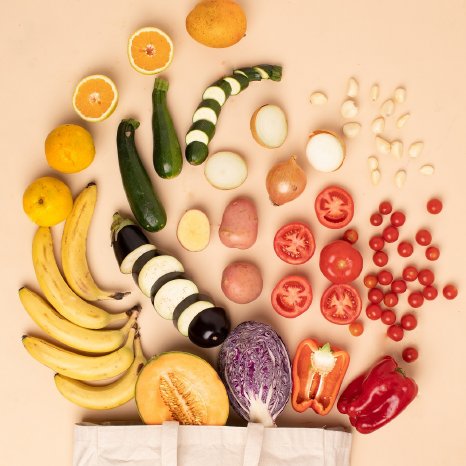Abamectin is a substance used to control plant pests, e.g., against mites (acaricide) or insects (insecticide). The use of the substance as a plant protection product is permitted in various EU countries.
Commission Regulation (EC) 2023/198 of January 30, 2023, now sets new maximum residue levels for some fruit varieties and vegetables.
The limits have been significantly lowered for apples, pears, strawberries, tomatoes, cucumbers, papayas and quinces. The new limits will be applied from August 20, 2023, WITHOUT a transition period. Only for papaya and quince a transitional arrangement is foreseen.
Testing laboratories must now check their methods to determine whether the limits, some of which have been significantly lowered, can still be reliably detected analytically.
The laboratory Tentamus Chelab GmbH is the laboratory in the Tentamus Group that specializes in analyzing fruit juices. Simone Schmidt, Managing Director of Tentamus Chelab GmbH, explains, "Of course, we have already prepared for this change and ensured that our analysis is sensitive enough to meet these lower limits and that our customers will continue to receive the usual service from us without interruptions."
In addition, the question then arises as to whether this will involve additional work and, as a result, a longer processing time. "Furthermore, this changeover will also have no impact on processing times. We will continue to adhere to these as well," clarifies Arne Dübecke, also Managing Director of Tentamus Chelab GmbH as well as Head of the Tentamus Center for Food Fraud, TCF².


